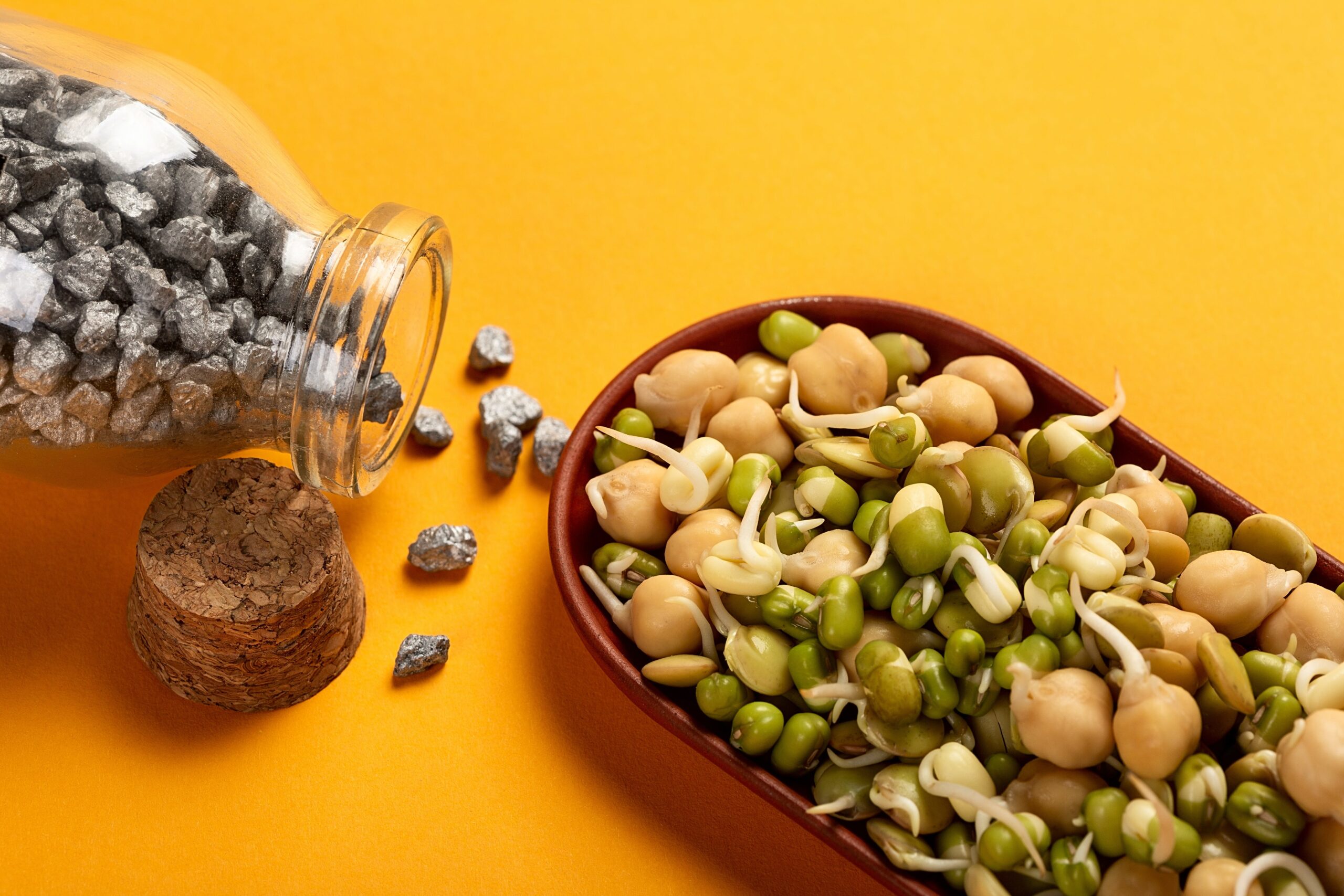
When we think about fertility, various factors come to mind – hormones, lifestyle, diet, and more. But one unsung hero in the realm of reproductive health is iron. While it may not steal the spotlight, iron plays a crucial role in women’s fertility. In this friendly article, we’ll explore the connection between iron and your ability to conceive, shedding light on this often-overlooked nutrient.
The Importance of Iron for Women
Iron is often associated with preventing anemia and boosting energy levels, but its significance goes beyond that. For women, especially those planning to conceive, iron is a key player in several ways.
- Oxygen Transport: Iron is a vital component of hemoglobin, the protein responsible for carrying oxygen in your blood. When you have sufficient iron, your body can efficiently transport oxygen to all cells, including those involved in reproduction.
- Egg Health: Iron supports the health of your eggs (oocytes) by ensuring they receive the oxygen and nutrients they need. Healthy eggs are a critical factor in successful conception.
- Menstrual Health: Adequate iron levels can help maintain regular menstrual cycles. Irregular periods can make it challenging to predict ovulation, which is essential when trying to conceive.
The Iron-Fertility Connection
Now that we understand why iron is essential, let’s delve into its connection with fertility:
- Iron Deficiency: If you’re low in iron, your body may prioritize essential functions like oxygen transport over reproductive processes. This means that when iron levels are suboptimal, fertility can take a hit.
- Increased Pregnancy Chances: On the flip side, maintaining healthy iron levels may improve your chances of conception. Studies have suggested that women with adequate iron levels are up to 62% more likely to conceive compared to those with lower iron stores.
- Menstrual Regularity: Iron deficiency can lead to irregular menstrual cycles or even amenorrhea (absence of periods). Consistent periods are a sign of hormonal balance and optimal reproductive health.
Balancing Iron Intake
While iron is undoubtedly important, it’s also essential not to overdo it. Excessive iron intake can have adverse effects, so balance is key. Here are some friendly tips:
- Dietary Iron: Incorporate iron-rich foods into your diet, such as leafy greens, beans, lentils, fortified cereals, and tofu. Pairing these with vitamin C-rich foods can enhance iron absorption.
- Supplements: If you’re concerned about your iron levels, consult a healthcare provider before taking supplements. They can recommend the right dosage based on your specific needs.
- Regular Check-Ups: Periodic blood tests can help you monitor your iron levels and make necessary adjustments to your diet or supplement regimen.
While iron may not steal the limelight in conversations about fertility, its role is undeniable. Ensuring you have adequate iron levels is a simple yet significant step you can take on your journey to conception. By paying attention to your iron intake, you’re not only supporting your overall health but also boosting your chances of welcoming a new life into your family. So, remember, the next time you enjoy a spinach salad or a bowl of lentil soup, you’re nourishing not just your body but your fertility too. 🌱👶❤️

